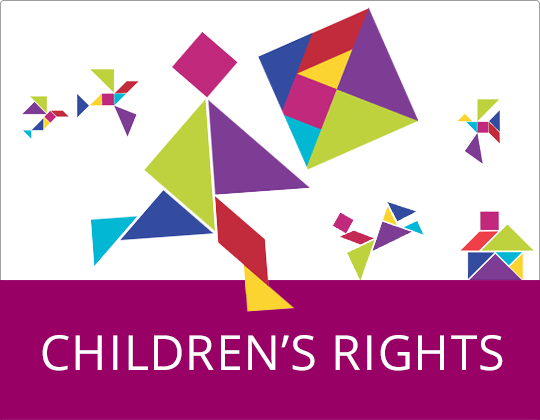Council of Europe Institutions

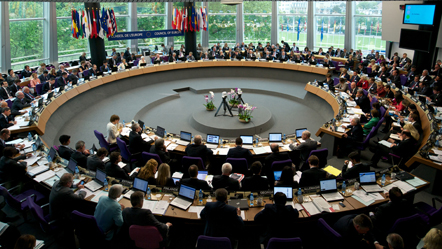
Committee of Ministers

The Committee of Ministers is the Council of Europe’s decision-making body. The Committee of Ministers is made up of the ministers of foreign affairs of all the member states or their permanent diplomatic representatives in Strasbourg. The Committee of Ministers has published many recommendations to member states on issues concerning children’s rights.
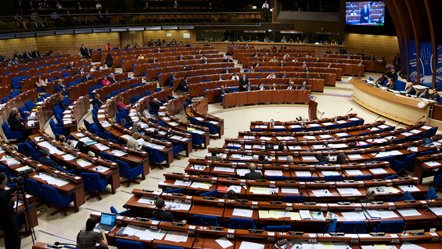
Parliamentary Assembly of the Council of Europe

The Parliamentary Assembly brings together 612 representatives and substitutes from the parliaments of the member states. It is a forum for debate where important human rights issues are addressed and member states are held to account over their human rights records. The Committee on Social Affairs, Health and Sustainable Development regularly considers children’s rights issues.
Congress of Local and Regional Authorities
The Congress of Local and Regional Authorities is a political assembly made up of 612 members which all hold elective office in the local and regional authorities of the 46 member states of the Council of Europe. The Congress has actively contributed to the Council of Europe’s actions to combat sexual violence against children.
- Compendium of Congress reference texts on Thematic Activities (page 7: Children's rights)
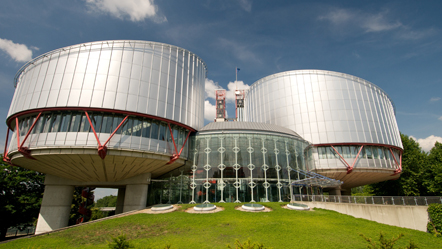
European Court of Human Rights

The European Court of Human Rights rules on individual or state applications alleging violations of the rights contained in the European Convention on Human Rights. All 46 Council of Europe member states have ratified the Convention and therefore have access to the Court. Children’s rights are often the subject of cases before the Court.
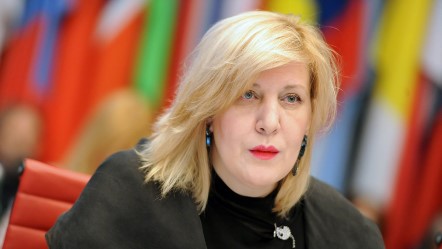
Commissioner for Human Rights

The Commissioner for Human Rights is an independent and impartial institution within the Council of Europe mandated to foster the effective observance of human rights, and to assist member states in the implementation of the Council of Europe human rights standards. The Commissioner promotes education and awareness of human rights in Council of Europe member states and also conducts country visits aimed at identifying shortcomings in human rights protection and encouraging reform measures. The Commissioner pays particular attention to children’s rights in all her work.
Conference of INGOs
The Conference of International Non-governmental Organisations (Conference of INGOs) enables the voice of civil society to be heard at the Council of Europe. Through the Conference of INGOs international non-governmental organisations can actively contribute to the decision-making process and policy development at the Council of Europe. Now INGOs can also acquire participatory status at the Council of Europe and participate in consultation and full-scale co-operation on specific projects.



